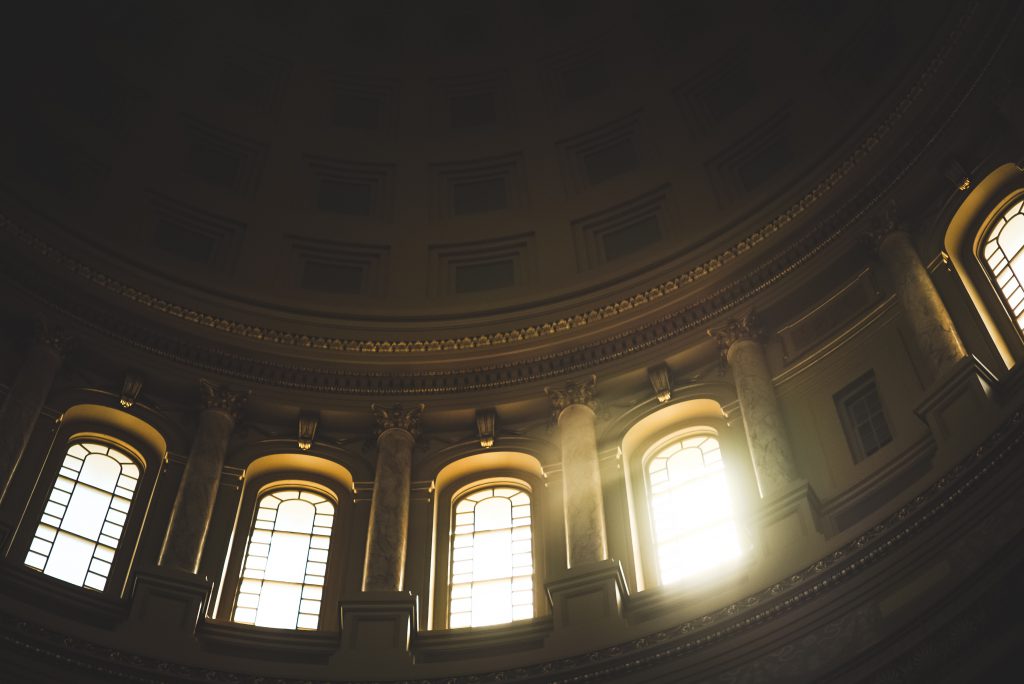Clean Wisconsin applauded Gov. Tony Evers on Wednesday for vetoing budget items that would limit local control over quarry mining operations and restrict key funding for electric vehicle charging stations and water protection efforts.
“While it’s disappointing Republicans stripped out most Gov. Evers’ strong water and energy budget proposals, this budget invests more in clean water and energy programs than we have seen in a long time,” said Carly Michiels, Clean Wisconsin’s Government Relations Director. “Gov. Evers’ leadership throughout the budget process and his veto actions today made that possible.”
Gov. Evers vetoed budget language that would limit towns and cities from enacting stronger ordinances on quarry mining than what is currently in state statutes. This veto is important because it allows local residents to have a say in how mining companies operate in their communities. Quarry mining can contribute to high levels of air pollution from particulate matter.
“This is a win for making sure local governments are included in the discussions about if and how quarry mining takes place in their backyard,” said Michiels. “We’re glad Gov. Evers removed this item so local governments have a say in land use and water and air quality in their communities.”
The governor also vetoed language that cut $10 million from the Volkswagen settlement fund that he had proposed to go towards establishing a network of electric vehicle charging stations. Gov. Evers’ veto reestablishes this commitment.
“The majority of our carbon emissions come from transportation, and reducing these emissions is key to tackling climate change,” said Michiels. “This veto opens the door to a future electric vehicle charging network in Wisconsin that encourages widespread EV use in the state.”
Clean Wisconsin also supports the governor’s veto of items that were added by the legislature requiring the Joint Finance Committee to control funds for the well compensation grant program and a nitrate testing program proposal. JFC control of this funding places an unnecessary burden on access to safe drinking water.
“We’re seeing drinking water pollution from nitrates all across the state, and it’s critical we make sure the programs that help get people get clean drinking water work effectively. This veto will allow for further bipartisan conversations on ways to deliver additional assistance to people who can’t drink the water from their tap because of pollution.”
(Photo: Neal Fagan/Unsplash)

